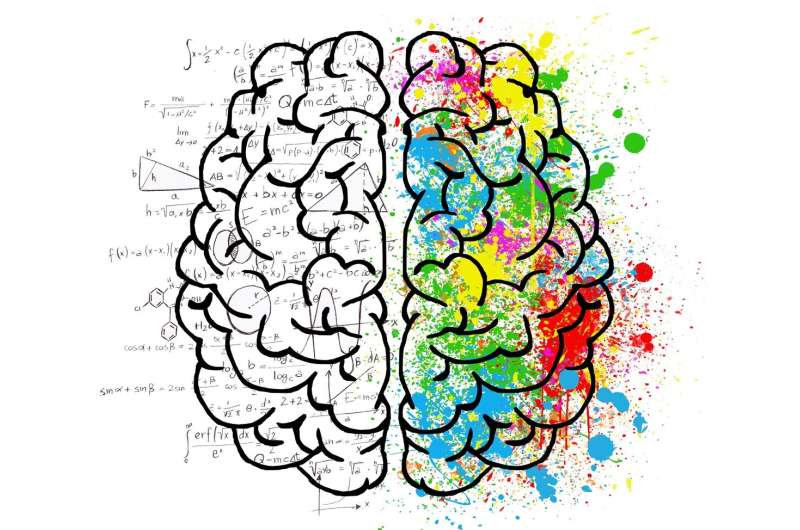Acalculia: Understanding How Brain Damage Impairs Number Processing in Stroke Survivors

Acalculia is a neurological disorder affecting number processing, common in stroke survivors, leading to significant challenges in daily life. Raising awareness and improving diagnosis are crucial for better support and recovery.
Numbers play a fundamental role in our everyday lives. From waking up to an alarm clock, checking the weather, taking medication, to commuting and managing finances, most daily activities involve understanding and using numbers. This essential ability is often taken for granted until it's disrupted by neurological issues.
Acalculia is a neurological condition characterized by an impaired capacity to process and understand numbers. It commonly occurs in individuals who have experienced a stroke or suffered a brain injury. Research estimates that between 30% and 60% of stroke survivors develop this condition, which can severely impact independence and quality of life.
The brain's complexity means that multiple regions contribute to numerical processing. When these areas are damaged, the ability to perform calculations or even recognize numerical symbols can be compromised. Typically, damage on the left side of the brain affects language-related functions, while right-sided injuries may impair visuospatial abilities. However, acalculia can result from lesions in various regions including the language centers, spatial processing areas, and frontal regions responsible for executive function.
Individuals with acalculia may experience a range of difficulties. Some might recognize a number but struggle to recall or say it. Others may confuse similar numbers or have trouble performing basic calculations. In severe cases, patients lose the understanding of what numbers represent or how to relate them to real-world objects and concepts.
The impact on daily living is profound. People with acalculia often struggle with managing money, paying bills, or using banking services. They may find it challenging to tell time or follow cooking instructions involving numbers. Managing medications, which often rely on dosing schedules, can become daunting and risky, sometimes leading individuals to become entirely dependent on caregivers.
Studies involving patients and caregivers reveal that acalculia severely hampers independence, leading to difficulties in returning to work, living independently, or managing basic tasks, thereby affecting overall well-being. Despite its significance, awareness of acalculia remains limited, and it is often not routinely tested or addressed during stroke rehabilitation.
The condition is under-recognized partly because healthcare professionals lack specific training to identify and treat it. There are existing assessments designed to detect acalculia, but they are seldom used in clinical practice. Moreover, no widely approved treatments exist, leaving many patients unsupported.
Raising awareness is vital. Accurate diagnosis can help in tailoring rehabilitation strategies, including targeted cognitive exercises. Increased training for healthcare providers and public education can ensure that more individuals receive the support they need.
In conclusion, acalculia significantly affects individuals recovering from neurological injuries, undermining their independence and quality of life. Enhancing understanding, diagnosis, and management of this condition is essential to improve outcomes for stroke and brain injury survivors.
Stay Updated with Mia's Feed
Get the latest health & wellness insights delivered straight to your inbox.
Related Articles
Innovative Open-Source Diagnostic Tool Enhances Affordable Pathogen Detection in Low-Resource Settings
A novel open-source RT-LAMP assay offers a cost-effective, heat-stable solution for pathogen detection in remote and resource-limited areas, advancing global health diagnostics.
Low Uptake of RSV Antibody Shots in Infants Highlights Disparities
A new study reveals low coverage of RSV antibody shots among eligible infants, with significant disparities affecting marginalized groups, highlighting the need for improved vaccination efforts and equity.
Evaluating Major Surgical Risks in Cesarean Deliveries
A new study developed a method to accurately track severe surgical complications in cesarean deliveries, identifying key risk factors and paving the way for improved maternal safety.



